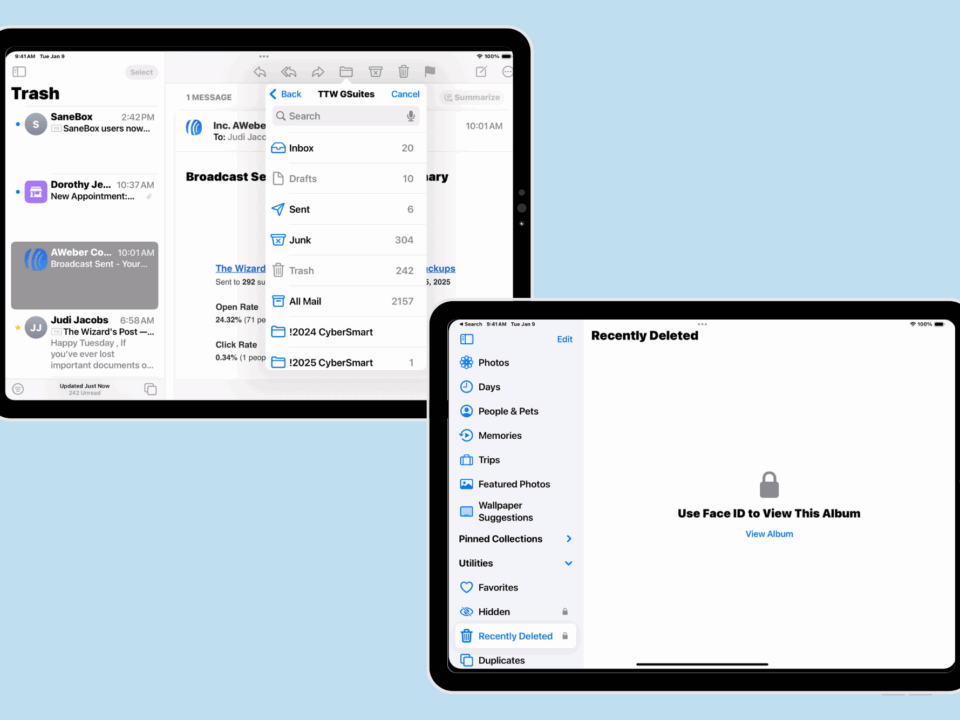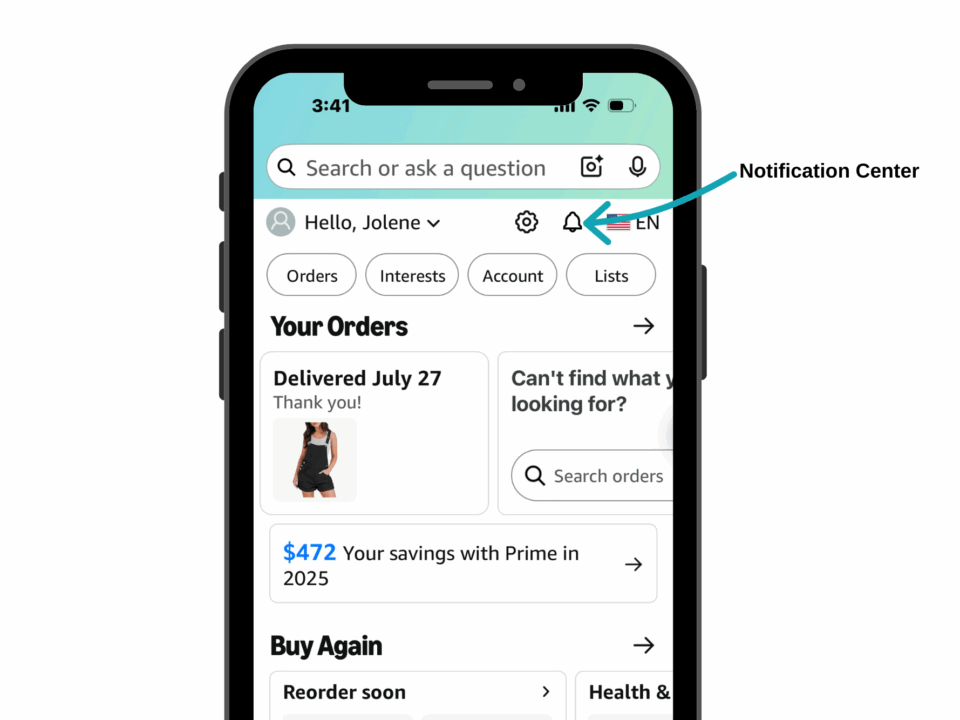
Do you know everything Instagram has to offer?
April 27, 2021
The 40 BPM Warning That Saved My Life
June 18, 2025Technology is all around us. There is no escaping it these days. But the longer you avoid it, the worse your apprehensions will get. In my experience of working with people and techie things, I’ve found that fear of looking or feeling stupid is the main issue. People at a certain age begin to believe they are “dumb about technology” because they didn’t learn about it in school.
Let’s start with this supposition: nothing about using a phone, working on a computer, or a tablet is intuitive. Therefore, you need to learn basic skills to establish a foundation to use technology.
Trying something new is definitely scary. But, if you can release your fear, believe that we all start with zero knowledge, and build on that, you will develop the confidence needed to get through the bumps.
Here are some tips to help you start to feel comfortable with technology.
Start Small
You don’t need to learn everything at once. You can’t. Be patient with yourself. Break it down and focus on one thing at a time to help you gain confidence and make the world of technology feel more manageable.
Concentrate on one aspect of your phone, such as texting, that you need to use every day. Nowadays, if you don’t know how to text, you’ll be the odd person out of fun and frequent “chats” between friends and family. Once you accomplish that, pick the next app or most-used feature, like the phone app.
Frequently, the features you use the most, but don’t understand, cause frustration and resistance because that’s when you feel “dumb.” Stop the negative self-talk: “I can’t use this phone.” Instead, try, “I really need to learn how to use [insert feature of choice] so I can stop having these issues.”
Pick one new social media or online platform that interests you, like YouTube. YouTube is a great place to start with learning because you can get tutorials about anything you need once you are skilled in using it.
Focus on Fun
Start with things you are interested in. For example, if you are a movie buff, focus on using Netflix. If you love photography, put your efforts into learning how to use your phone’s camera. Directing your energy into things that are fun will make the learning process feel less like a chore.
Ask for Help
Remember, not everyone has the patience to teach you. Find a reliable family member or friend who will take the time to answer a specific question. Just 10 minutes of their time can alleviate a lot of frustration.
One of the keys to seeking help is to make sure you have a specific set of questions or problems. Don’t approach your loved one and say, “I need you to teach me how to use the computer.” It will be less daunting for you and your person of choice if you say, “I don’t understand folders and documents. Do you have time to show me a few things?”
If you don’t feel comfortable asking someone you know, find an expert in your area or virtually. Senior Centers, extension classes, local community centers are all good resources for learning. Many such places offer ongoing classes you can take or a once-a-month help session, one-to-one, for specific issues you are dealing with.
Many tech-help gurus or small businesses, like The Tech Wizard, offer remote learning, online services, and online classes so that you can connect and learn from the convenience of your own home.
Trust Your Gut
Don’t be afraid to play around and learn as you go. You won’t break anything by touching an icon you are unfamiliar with. On the other hand, once you get over the mental block of thinking you don’t understand, you might be surprised by how much you can figure out on your own by just touching or clicking.
I often encourage my clients to “put their baby on.” Think about the two-year-old that grabs the parent’s phone and begins to tap and touch and take pics. They aren’t scared. They don’t have the verbal understanding we have, life experiences, or reasoning levels we do. But they aren’t afraid.
They react to the pictures, colors, icons, and cues given on the phone by touching, not freezing, or staring. They aren’t waiting for words to guide them.
Educate Yourself
Be proactive with reading booklets, articles, newsletters, or blogs. Watch video tutorials. Google your question. There is so much free content on the internet that spans all levels of knowledge. You also may want to consider paying for help. Buying lessons or enrolling in an actual class will pay dividends in the future.
Technology isn’t going anywhere. Giving in to your fears is going to put you in a deeper hole. Everything from your car, your oven, your phone is becoming a smart device. Being open to learning is the first step to getting comfortable with technology and using it in everyday life.
(This blog was originally posted on Sixty and Me.)






